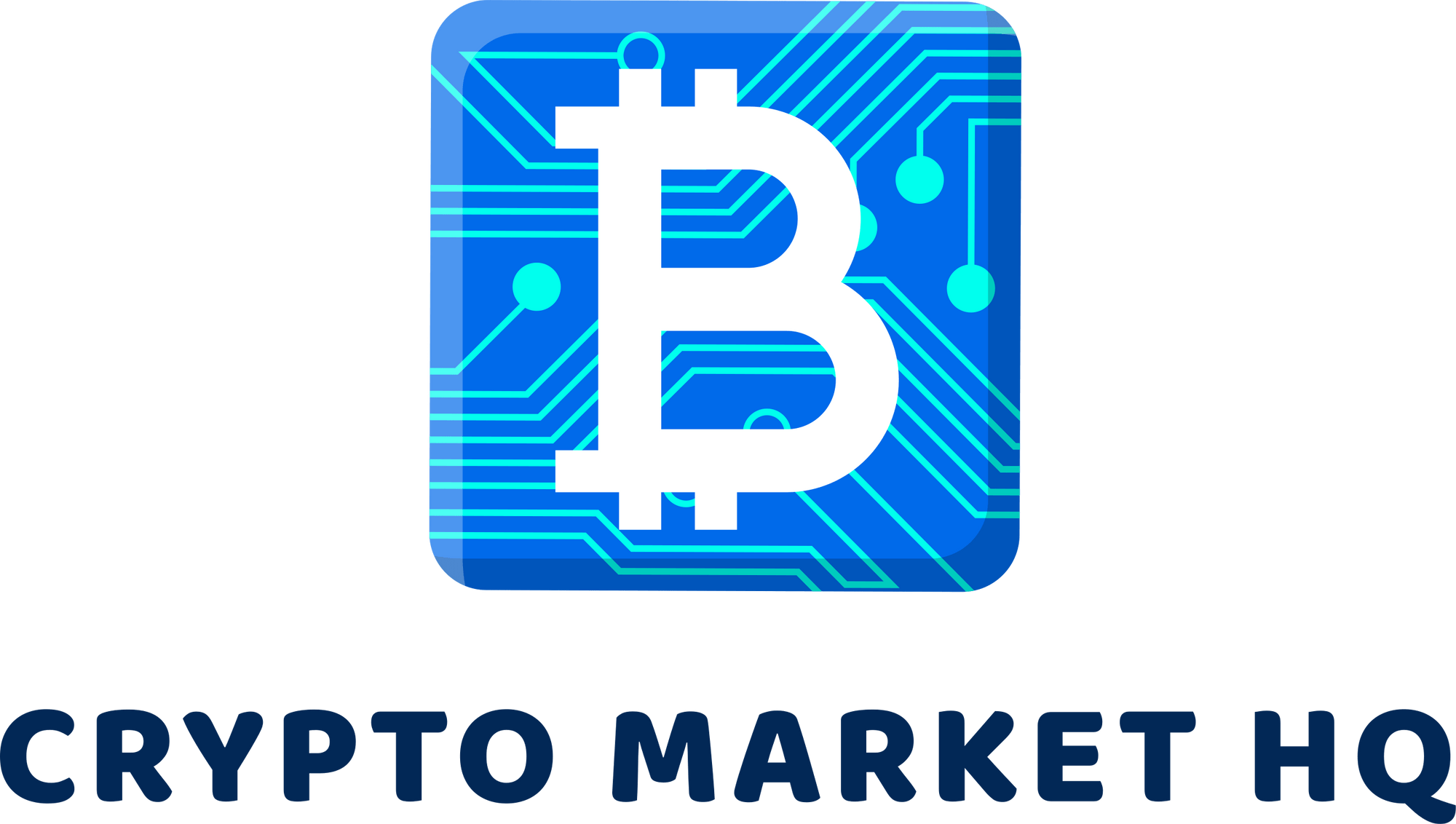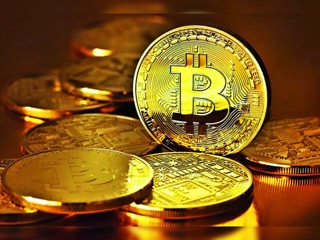
According to directives issued by Samuel A. Jinapor, the Ghanaian minister for lands and natural resources, large-scale gold mining companies will be required to “sell 20% of all refined gold at their refineries to the Bank of Ghana.” A gold-for-oil scheme is part of the Ghanaian government’s plan to stop the further dwindling of the country’s foreign exchange reserves.
Bank of Ghana to Use Cedi to Pay for Gold
Following the revelation that Ghana plans to buy oil products using gold, Samuel A. Jinapor, the country’s minister for lands and natural resources, announced on Nov. 25 that starting in 2023, large-scale mining companies “shall sell twenty per cent (20%) of all refined gold at their refineries to the Bank of Ghana.” Payments for the gold will be made using the local currency — the cedi — and will be “at spot price with no discounts.”
According to a Facebook post shared by Ghanaian vice president Mahamudu Bawumia, the Bank of Ghana (BOG) and the Precious Minerals Marketing Company (PMMC), will work with the mining companies to ensure their compliance with the directive. Concerning Ghana’s so-called community mining schemes (CMS), the government said these will be required to sell their “gold outputs to government through PMMC.”
To ensure compliance, Jinapor stipulated that “mining licenses for CMS shall include a clause mandating licensees to sell their gold output to government.” According to the directives issued by Jinapor, all licensed small-scale gold miners will be subjected to conditions that are similar to those imposed on community mining schemes.
Ghana’s Dwindling Foreign Exchange Reserves
Meanwhile, in an earlier post that revealed Ghana’s gold-for-oil plan, Vice President Bawumia insisted such a decision would help preserve the country’s depleting foreign exchange reserves. He added:
The barter of sustainably mined gold for oil is one of the most important economic policy changes in Ghana since independence. If we implement it as envisioned, it will fundamentally change our balance of payments and significantly reduce the persistent depreciation of our currency with its associated increases in fuel, electricity, water, transport, and food prices.
By reducing or eliminating the use of U.S. dollars when importing oil products, Ghana will effectively tackle one of the key factors behind the cedi’s rapid depreciation, Bawumia argued. As reported by Bitcoin.com News, the Ghanaian currency’s rapid decline since the start of 2022 has seen it being named the world’s worst-performing currency.
While Jinapor’s directives to gold mining companies are being framed as a channel that helps “local gold refineries obtain gold supplies from PMMC to support their operations,” some of Bawumia’s followers on the social media platform have criticized the proposed gold-for-oil policy.
Reacting to the Ghanaian vice president’s post, Facebook user Naji Alhassan said: “These are not good measures. These are window-dressing to please the bourgeois class. The best way to go is to own at least 50% of our gold and also a gold refinery to refine our gold. Very soon, the bourgeois class will deplete all the gold that the Bank of Ghana will be buying. We want pragmatic measures.”
However, some of Bawumia’s followers, like Mohammed Hashiru, applauded the move which they claimed would stop “imperialists from using their worthless papers to control, manipulate and destroy our economies.”
Register your email here to get a weekly update on African news sent to your inbox:
What are your thoughts on this story? Let us know what you think in the comments section below.
Image Credits: Shutterstock, Pixabay, Wiki Commons
Disclaimer: This article is for informational purposes only. It is not a direct offer or solicitation of an offer to buy or sell, or a recommendation or endorsement of any products, services, or companies. Bitcoin.com does not provide investment, tax, legal, or accounting advice. Neither the company nor the author is responsible, directly or indirectly, for any damage or loss caused or alleged to be caused by or in connection with the use of or reliance on any content, goods or services mentioned in this article.







